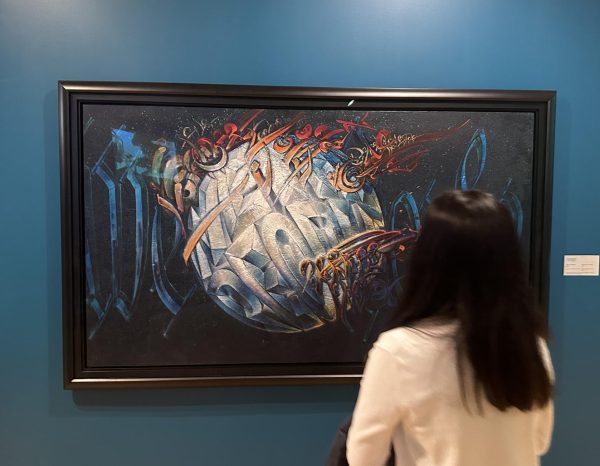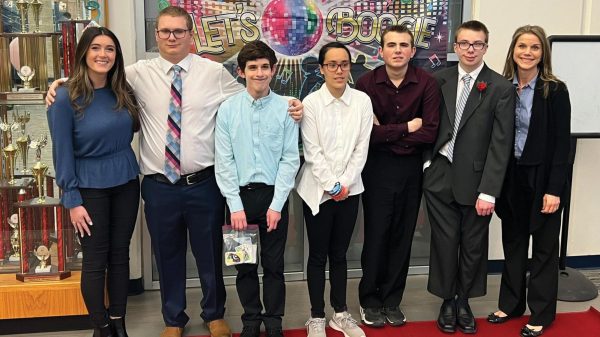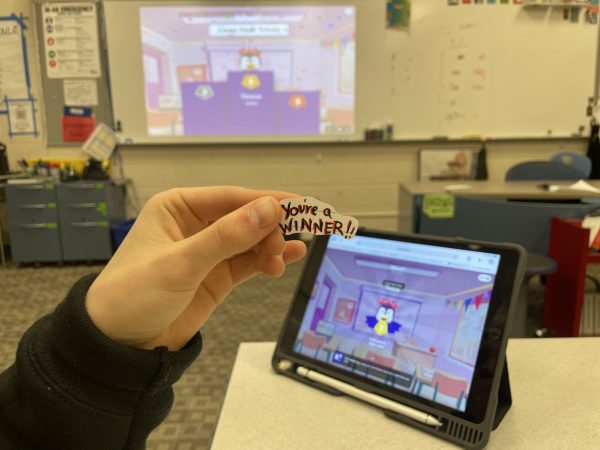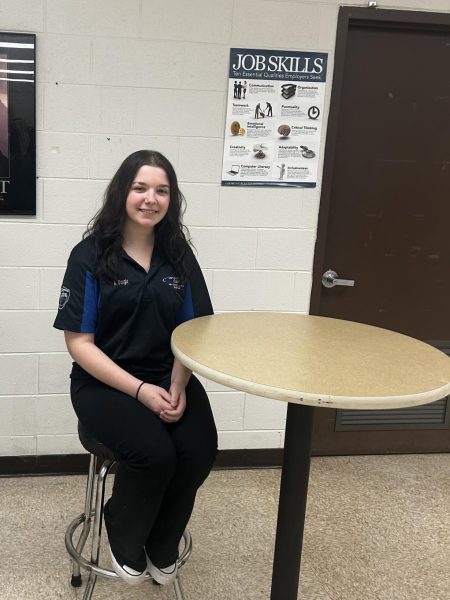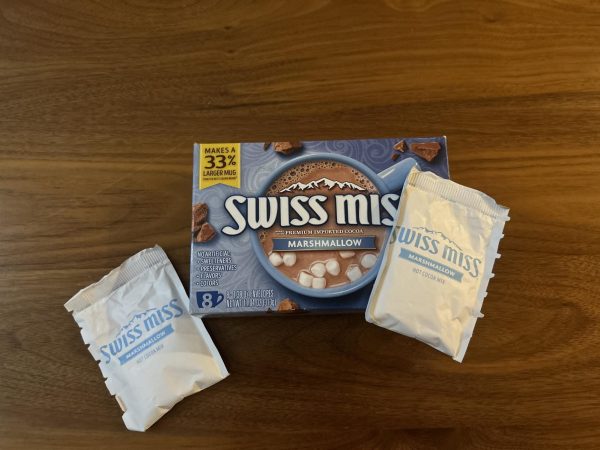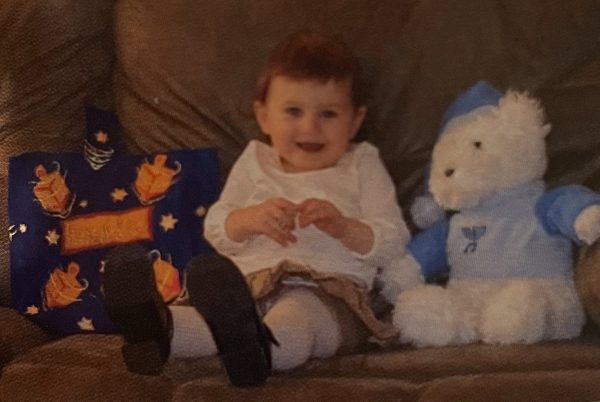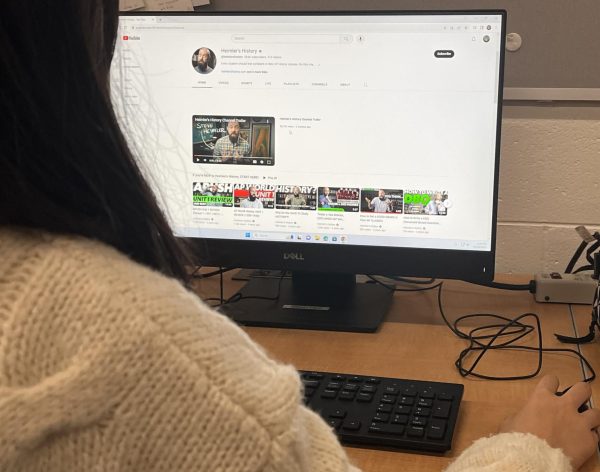Making it all add up: can math solve the bracket?
Last year, Warren Buffett, a business magnate, offered a billion dollars to anyone who could create the perfect bracket. Nobody was able to win the challenge, and based on the math behind the tournament, it is unlikely anyone ever will.
The chance of picking a perfect March Madness bracket is without having any background knowledge about the tournament one in 9.2 quintillion, according to the Washington Post. If one does have college basketball knowledge, the odds go down to one in 128 billion. But according to JB Hanson, AP Statistics teacher, the odds may be even lower.
“Not all games are a fifty-fifty chance of teams winning or losing. Some teams are going to have a better chance of winning than fifty percent, especially if the team they’re playing barely made the tournament,” Hanson said.
Despite the odds of mathematically getting a perfect bracket, Hanson believes that college basketball fans have a better chance at winning their pool if they stick with their gut.
“I think, generally speaking, to people who follow college basketball, it’s better to go with what you know and normally has better outcomes than students who try and quantify it with numbers,” Hanson said. “But at the same time, there will be algorithms that will be better at predicting winners than others, especially if one is more relevant to basketball.”
Hanson says he gets involved in the craziness of March Madness, both mathematically and as a college basketball fan.
“I always make one bracket based off of watching basketball and choosing the teams that I favorite,” Hanson said. “Then I make another bracket where I try and come up with some sort of statistical algorithm that will calculate the winners of the games. Normally I end the tournament in the middle of the pack.”
While some of the algorithms Hanson uses can aid in predicting some winners, overall there are too many variables to create a perfect algorithm for a perfect bracket.
“In a perfect world, there would be a way to mathematically choose who is going to win each game,” Hanson said. “As a math teacher, I feel as though everything can be quantified, but some things, like winning a basketball game, have too many variables to measure. Therefore, I don’t think math will ever become a viable way to predict the outcome of sporting events.”
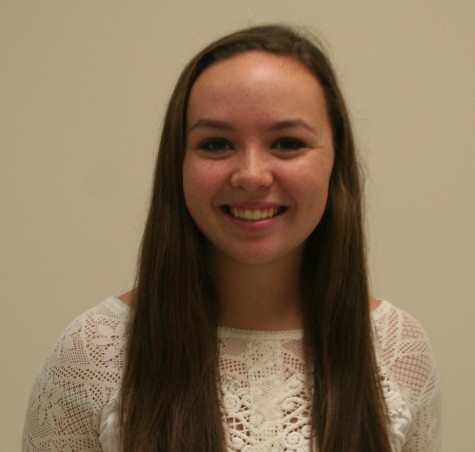
Madison is on both the basketball and soccer teams, and she spends most of her summer working as a camp counselor in Wisconsin. She has been a staff member...

